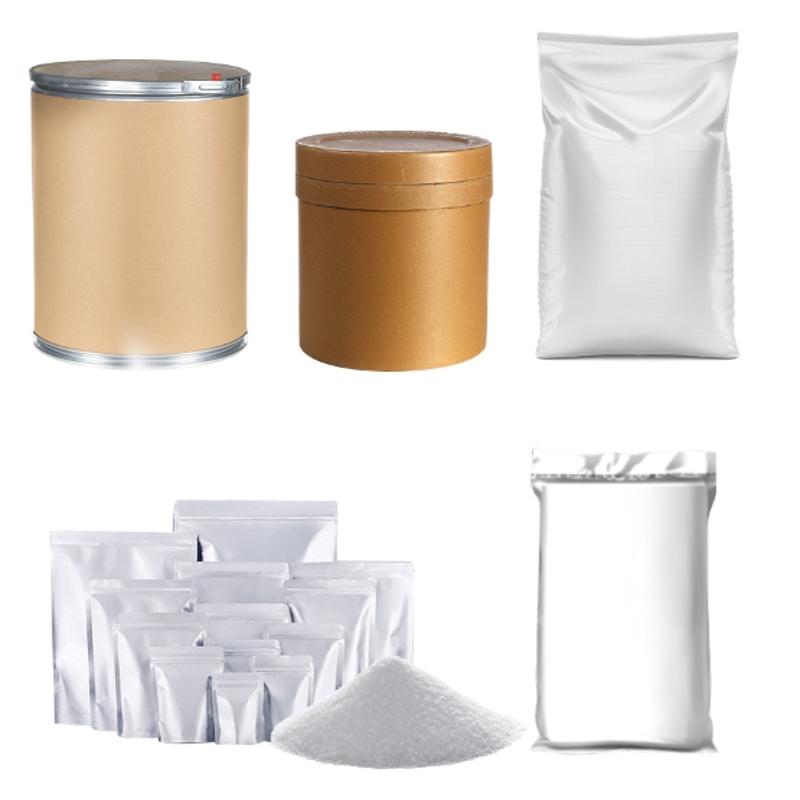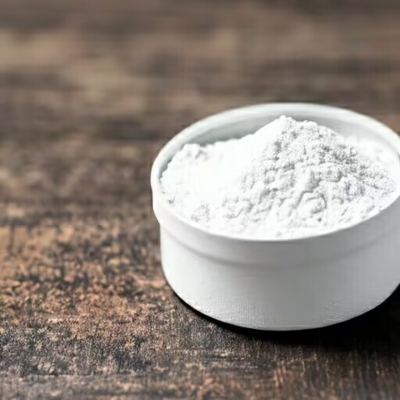-
Categories
-
Pharmaceutical Intermediates
-
Active Pharmaceutical Ingredients
-
Food Additives
- Industrial Coatings
- Agrochemicals
- Dyes and Pigments
- Surfactant
- Flavors and Fragrances
- Chemical Reagents
- Catalyst and Auxiliary
- Natural Products
- Inorganic Chemistry
-
Organic Chemistry
-
Biochemical Engineering
- Analytical Chemistry
- Cosmetic Ingredient
-
Pharmaceutical Intermediates
Promotion
ECHEMI Mall
Wholesale
Weekly Price
Exhibition
News
-
Trade Service
The TITAN study is a randomized, double-blind, placebo-controlled, multinational trial to evaluate the efficacy of apalutamide plus androgen deprivation therapy (ADT) in patients with metastatic castration-sensitive prostate cancer (mCSPC)
.
The final analysis of the Japanese population was recently published in the International Journal of Urology
.
Background Prostate cancer (PC) ranks second in male cancer incidence worldwide (14.
1%) and fifth in mortality (6.
8%, 2020 data)
.
Most PC patients are initially sensitive to castration and respond to ADT
.
It is internationally agreed that ADT combined with chemotherapy or new hormone therapy is used in patients with mCSPC
.
Previously, data analysis of the TITAN study [radiological progression-free survival (rPFS), overall survival (OS)] confirmed the efficacy and safety of apalutamide + ADT in a subgroup of Japanese patients
.
This article further reports on the final OS results, other secondary endpoints, and safety in the Japanese subgroup of patients
.
Methods: Patients with castration-sensitive prostate cancer with distant metastases were screened for enrollment
.
Patients were randomized 1:1 into apalutamide group (apalutamide 240mg/d+ADT) and placebo group (placebo+ADT)
.
The primary study endpoints were rPFS and OS
.
Secondary endpoints included time to progression of chemotherapy cytotoxicity, time to pain progression, time to chronic opioid use, time to progression to skeletal-related events, time to PSA progression, and PFS2 (defined as the time after assignment to the first investigator-specified disease progression).
), time to symptomatic local progression
.
Results Patient Data The TITAN study included a total of 1052 patients, of whom 51 (4.
8%) were Japanese, 28 in the apalutamide group (median age 73 years) and 23 in the placebo group (median age).
72, Figure 1)
.
The median duration of treatment was 43.
7 months (range 1.
1-53.
5) in the apalutamide group and 18.
9 months (range 2.
3-30.
8) in the placebo group
.
Figure 1 Study flow chart Treatment effect The treatment effect data are shown in Table 1
.
The median follow-up time in the Japanese subgroup was 46.
0 months (46.
1 months in the apalutamide group and 45.
8 months in the placebo group)
.
HR for time to progression to chemotherapy cytotoxicity was 0.
39 (95% CI 0.
13-1.
15), HR to time to pain progression was 0.
87 (95% CI 0.
34-2.
2.
27), HR for time to chronic opioid therapy was 0.
82 (95% CI 0.
24- 2.
85), and the HR for skeletal-related time pit stop time was 2.
39 (95% Cl 0.
48-11.
85)
.
Table 1.
Treatment endpoints Six (21.
4%) patients died in the apalutamide group and 10 (43.
5%) patients in the placebo group died, and the median OS was not reached in either group (Figure 2)
.
The HR for OS was 0.
45 (95% Cl 0.
16-1.
25), and the apalutamide group was more effective
.
Figure 2.
Kaplan-Meier curve of OS.
The apalutamide-treated group had a longer time to PSA progression than the placebo group, with a HR of 0.
21 (95% Cl 0.
07-0.
61, Figure 3)
.
PSA progression occurred in 5 patients (17.
9%) in the apalutamide group and in 13 patients (56.
5%) in the placebo group
.
Figure 3 Kaplan-Meier curve of time to PSA progression After the study, 7 of 12 surviving patients (58.
3%) in the apalutamide group and 13 of 18 surviving patients (72.
2%) in the placebo group received subsequent treatment
.
The HR for PFS2 was 0.
44 (95% Cl 0.
17-1.
13, Figure 4)
.
Figure 4 Kaplan-Meier curves of PFS2 After the end of treatment in the apalutamide and placebo groups, the median duration of subsequent treatment was 126 days (range 48-375) and 145 days (range 61-637), respectively
.
See Table 2 for detailed data
.
Table 2 No symptomatic local progression was observed in follow-up systemic therapy studies
.
The HR for time to castration resistance was 0.
28 (95% Cl 0.
12-0.
67, p=0.
0025), demonstrating a trend toward longer time to castration resistance with apalutamide treatment (Figure 5)
.
Figure 5.
Kaplan-Meier curve of castration resistance.
Safety The TEAEs of the Japanese subgroup of patients were similar to the data of the whole population.
The detailed data are shown in Table 3
.
TEAEs were observed in 27 (96.
4%) patients in the apalutamide group and in 23 (100%) patients in the placebo group
.
Grade 3 or 4 TEAEs occurred in 16 (57.
1%) patients in the apalutamide group and in 10 (43.
5%) patients in the placebo group
.
Table 4 summarizes TEAEs of particular interest
.
Rash was the most common TEAE, occurring in 15 (53.
6%) and 3 (13.
0%) patients in the apalutamide and placebo groups, respectively
.
Table 3 Data of TEAEs Table 4 Conclusions of TEAEs of special concern The results of the study suggest that compared with ADT alone, apalutamide + ADT is more effective in patients with mCSPC, and the subgroup of Japanese patients is consistent with the general population, and in a longer observation period No new security issues have emerged
.
Compared with the general population, Japanese patients have a higher incidence of rashes and fractures.
Due to the small sample size, further relevant data need to be collected
.
Reference: Uemura H, Arai G, Uemura H et al.
Safety and efficacy of apalutamide in Japanese patients with metastatic castration-sensitive prostate cancer receiving androgen deprivation therapy: Final report for the Japanese subpopulation analysis of the randomized, placebo-controlled, phase III TITAN study.
Int J Urol.
2022 Mar 15.
Editor: LR Reviewer: XY Execution: LR







